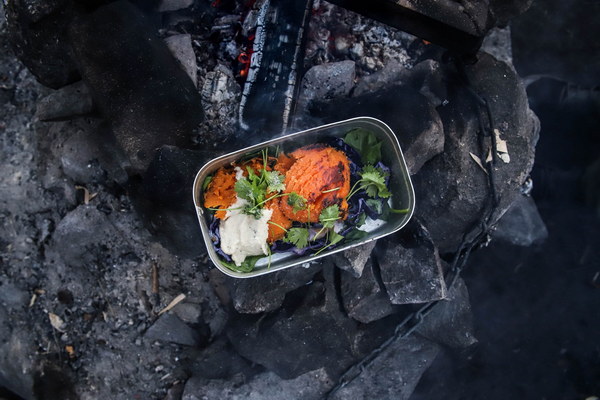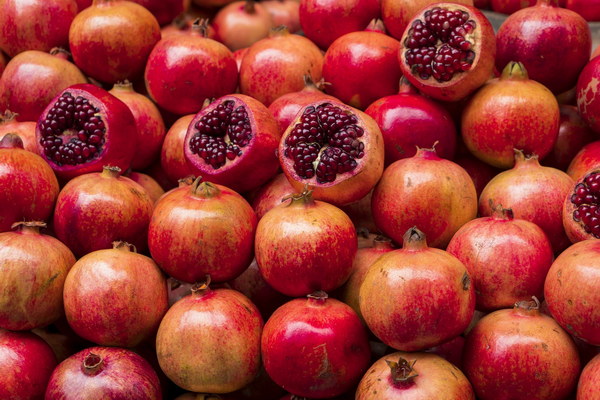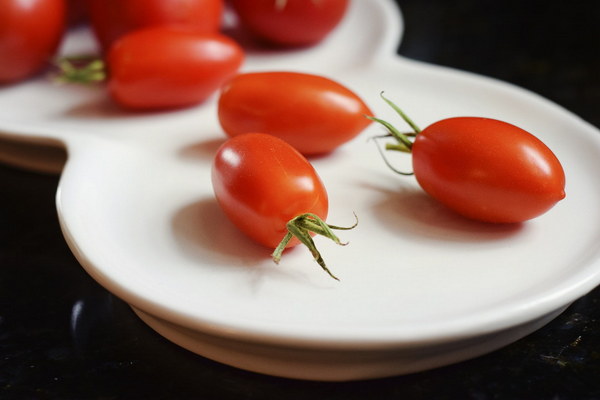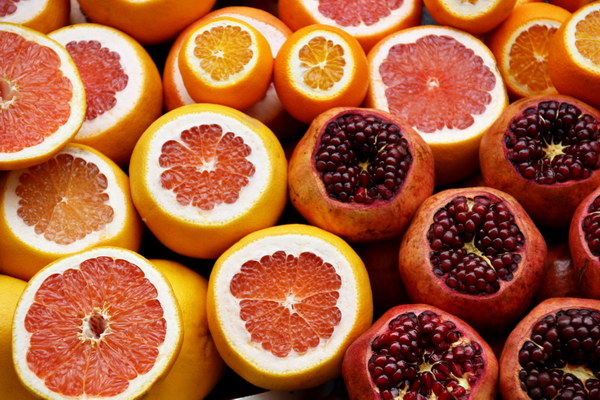Recovery and Nutritional Support A Comprehensive Guide to Post-Lung Nodule Surgery Diet
Introduction:
Lung nodule surgery is a common procedure performed to remove a suspicious mass from the lung. While the surgery itself is relatively minor, the recovery period can be challenging. One crucial aspect of postoperative care is the adoption of a well-balanced diet. This article provides an in-depth guide to the nutritional requirements and dietary recommendations for individuals recovering from lung nodule surgery.
Nutritional Requirements:
1. Caloric Intake: Adequate calorie intake is essential for healing and recovery. The amount of calories needed may vary depending on the individual's age, weight, and physical activity level. As a general guideline, aim for an additional 500-1000 calories per day during the recovery period.
2. Protein: Protein is crucial for tissue repair and healing. Consume 1.2-1.5 grams of protein per kilogram of body weight daily. Good sources of protein include lean meats, poultry, fish, eggs, dairy products, legumes, and tofu.
3. Carbohydrates: Carbohydrates provide energy and help maintain blood sugar levels. Aim for a diet that includes complex carbohydrates such as whole grains, fruits, vegetables, and legumes. Avoid excessive intake of simple carbohydrates, such as sugar and white flour.
4. Fats: Healthy fats are essential for overall health and can aid in the absorption of fat-soluble vitamins. Include sources of monounsaturated and polyunsaturated fats in your diet, such as avocados, nuts, seeds, and olive oil.
5. Vitamins and Minerals: A well-balanced diet should provide all the necessary vitamins and minerals. However, certain nutrients are particularly important for postoperative recovery:
- Vitamin C: Boosts the immune system and aids in collagen synthesis, which is crucial for wound healing.
- Vitamin D: Promotes bone health and aids in calcium absorption.
- Vitamin E: Acts as an antioxidant and helps protect cell membranes.
- Iron: Essential for oxygen transport in the blood and wound healing.
- Calcium and Magnesium: Important for bone health and muscle function.
- Selenium: An antioxidant that helps protect cells from damage.
Dietary Recommendations:
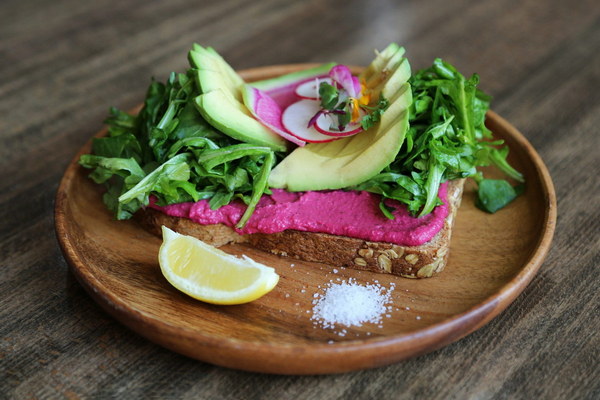
1. Small, Frequent Meals: Eating small, frequent meals throughout the day can help manage appetite and prevent nausea. Aim for 5-6 meals per day, with each meal consisting of a balance of protein, carbohydrates, and healthy fats.
2. Hydration: Adequate hydration is crucial for recovery. Drink plenty of fluids, such as water, herbal teas, and clear broths. Avoid caffeine and alcohol, as they can dehydrate the body.
3. Easy-to-Digest Foods: Initially, focus on easy-to-digest foods, such as soups, broths, and mashed potatoes. As you progress, gradually reintroduce a variety of foods, including fruits, vegetables, and whole grains.
4. Avoid Certain Foods: Some foods may cause discomfort or exacerbate symptoms during recovery. It is advisable to avoid spicy, greasy, and highly seasoned foods until you feel more comfortable eating.
5. Consult a Nutritionist: If you have specific dietary needs or concerns, consider consulting a registered dietitian or nutritionist. They can provide personalized advice and create a tailored meal plan to support your recovery.
Conclusion:
A well-balanced diet plays a vital role in the recovery process after lung nodule surgery. By following the nutritional recommendations and dietary guidelines outlined in this article, you can support your body's healing and promote a quicker recovery. Remember to consult with healthcare professionals and a nutritionist for personalized advice and support throughout your recovery journey.



